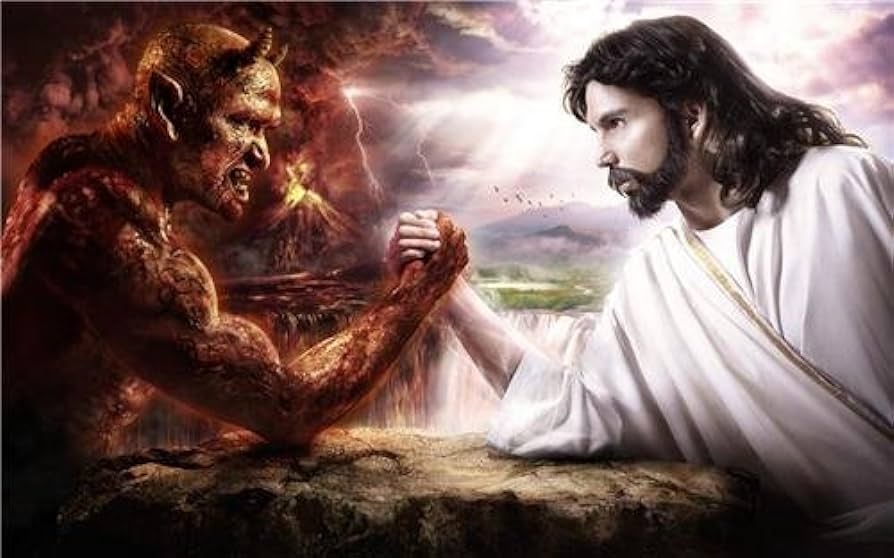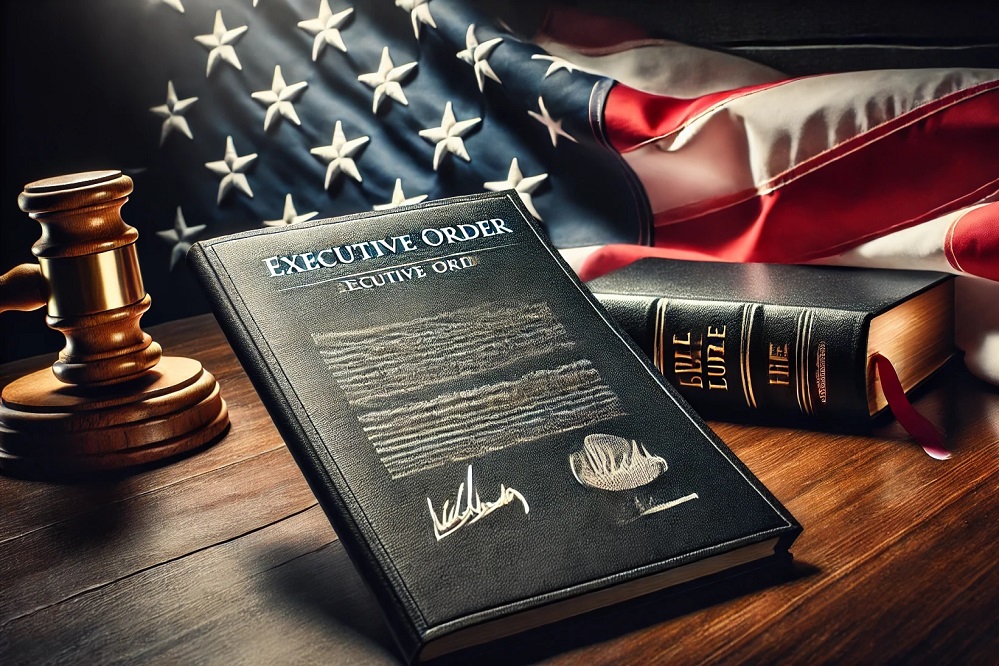The age-old debate of whether humankind can rule themselves successfully has been a central theme in religious, philosophical, and even political discourse for millennia. According to the Bible, “man dominates man to his injury,” a phrase that encapsulates the struggle and suffering that often accompanies human self-governance. This article delves into the controversial narrative that lies at the heart of this issue: the cosmic conflict between God and Satan, and how it relates to mankind’s right to free will.
The Cosmic Challenge: Satan’s Rebellion Against God
The Bible describes Satan as a rebellious angel who challenged God’s authority, asserting that humankind could rule themselves without divine guidance. In the Garden of Eden, Satan, in the form of a serpent, tempted Eve by promising her that if she ate the forbidden fruit, she would be “like God, knowing good and bad.” This act of defiance set the stage for a cosmic battle over humanity’s fate and free will.
Satan’s challenge was not just a simple act of rebellion; it was a test of whether humanity could thrive under its own governance without divine intervention. The argument was clear: if humans could rule themselves successfully, then God’s sovereignty could be questioned. However, if they failed, it would prove that divine guidance was necessary for a harmonious existence.
The Influence of Fallen Angels: A Pre-Flood Experiment
One of the most intriguing aspects of this narrative is the involvement of other angels who followed Satan in his rebellion. These fallen angels, according to various religious texts and apocryphal books, descended to Earth and cohabited with human women, producing a hybrid race known as the Nephilim. This act of interbreeding between the divine and the human was seen as a significant transgression that corrupted the purity of humanity.
The Bible’s account of this period is brief, but other texts, such as the Book of Enoch, provide a more detailed description of the world before the Flood. These accounts suggest that the fallen angels, now viewed as gods by the ancient civilizations, introduced advanced knowledge and technologies to humans. This interaction between angels and humans is believed to have influenced many of the legends in ancient cultures, including the Greek myths of gods intermingling with mortals and producing demi-gods.
If these stories hold any truth, it raises the question: was humanity’s development during this period natural, or was it unfairly accelerated by the influence of these supernatural beings? The construction of monumental structures like Stonehenge, the Pyramids of Giza, and other ancient wonders that seem beyond the capabilities of early human societies has led some to speculate that these were products of knowledge imparted by these fallen angels. If true, this would suggest that humanity was manipulated by outside forces, skewing the experiment of self-governance.
God’s Plan: A Divine One-World Order?
If there is a God, as many believe, then it stands to reason that He desires a world governed by His laws—what some might call a divine One-World Order. According to biblical prophecy, God’s ultimate plan is to restore the Earth to a paradise, a goal that involves the removal of Satan and his influence. The Bible speaks of a time when Satan, referred to as the “god of this world,” will be bound for a thousand years while humanity is given the chance to live under divine rule.
During this millennium, it is believed that the dead will be resurrected, and mankind will work together to restore the Earth to its original, uncorrupted state. However, even after a thousand years of peace, Satan will be released once again to test humanity. This final test will determine whether mankind, after experiencing both divine rule and Satan’s influence, will choose to follow God or rebel once more.
Is the Test Fair?
The central issue in this cosmic conflict is whether the test of mankind’s ability to rule themselves is fair. If Satan, as the Bible suggests, has been actively influencing and corrupting humanity, then it could be argued that humans have not been given a fair chance to prove their ability to govern themselves. The introduction of advanced knowledge and technology by the fallen angels, as well as the manipulation of human genetics through the Nephilim, may have further skewed the results of this test.
In this light, the argument could be made that humanity has been set up to fail. With Satan and his forces continually interfering in human affairs, the true potential of mankind’s ability to self-govern may never have been fully realized. The Bible’s narrative suggests that God has allowed this interference to continue as part of the larger test, but it also implies that this period of satanic influence will eventually come to an end.
The Role of Free Will in the Divine Plan
One of the key elements of this entire cosmic narrative is the concept of free will. God, according to the Bible, has granted humanity the freedom to choose their own path, whether it be towards good or evil. This freedom is essential to the divine plan because it allows humans to make choices that reflect their true character and desires.
However, the presence of Satan complicates this issue. If Satan has been influencing human decisions and leading them astray, then can it truly be said that humanity has exercised free will? Or have they been manipulated into making choices that serve the purposes of Satan rather than their own?
The Legacy of Ancient Knowledge: Blessing or Curse?
The ancient structures and technologies that some believe were influenced by fallen angels raise further questions about the fairness of humanity’s test. If these beings imparted knowledge that humans were not yet ready for, then this could be seen as a form of sabotage. The accelerated development of civilizations could have led to the downfall of humanity in ways that were not originally intended.
For example, the construction of the Pyramids and other ancient wonders required knowledge of mathematics, astronomy, and engineering that was far beyond what should have been possible for those early societies. If this knowledge was given by beings with ulterior motives, then humanity’s development was artificially advanced, potentially leading to consequences that have echoed throughout history.
The Final War: Armageddon and Beyond
According to biblical prophecy, the conflict between God and Satan will culminate in the war of Armageddon. This final battle will determine the fate of humanity and the world. The Bible describes this event as the moment when God will drag Satan and his forces into battle, like a fish caught with hooks in its mouth, forcing a confrontation that will end in Satan’s defeat.
After Armageddon, Satan will be bound for a thousand years, during which time humanity will have the opportunity to live without his influence. This period will be a chance for humans to demonstrate their ability to live in harmony with God’s laws and to restore the Earth to a paradise. However, even after this period of peace, Satan will be released one final time to test mankind. The outcome of this test will determine the ultimate fate of humanity.
Conclusion: A Cosmic Conflict with No Easy Answers
The story of God, Satan, and mankind’s right to free will is a complex and controversial narrative that raises many questions about the nature of good, evil, and the human condition. Whether viewed through the lens of religious belief or as a symbolic representation of the struggles of humanity, this story challenges us to consider the role of external influences in our lives and the true nature of free will.
Is humanity capable of ruling itself, or are we doomed to repeat the mistakes of the past, manipulated by forces beyond our control? As we look at the world today, with its conflicts, technological advancements, and moral dilemmas, it’s clear that the questions posed by this ancient narrative are as relevant as ever. Whether we believe in God, Satan, or simply the power of human agency, the struggle for control, freedom, and the right to determine our own destiny continues to shape our world.




